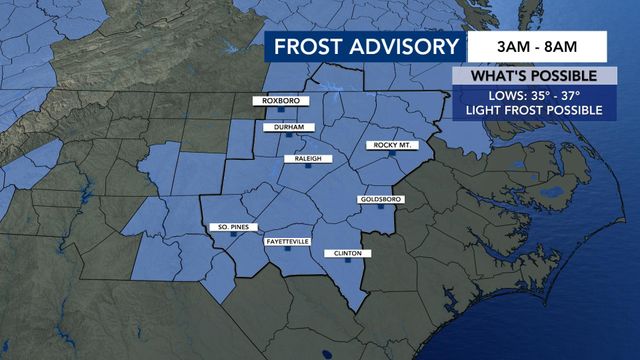Study: Fewer Women Get Breast Cancer Screenings
For decades, doctors have been pushing the importance of regular mammographies. In the 1990s, most women heeded their advice and got the breast cancer test, but a study suggests that trend has recently started to change.
Marsha Jones-Harry is vigilant about getting a mammogram every year. She said she has a good reason.
"My mom had breast cancer in her mid-50s and she passed away 10 years later," Jones-Harry said.
Annual mammography is key for people with a family history and for all women over 40, but a study published in the Journal of the American Cancer Society reveals a troubling trend. In just the past few years, the percentage of women getting regular screening has dropped significantly.
"I think it's very disturbing that the rates have gone down," said Dr. Sharon Rosenbaum-Smith, of St. Luke-Roosevelt Hospital.
The recent fall comes after an impressive rise. Starting in 1987, mammography rates for women 40 and older shot up from 39 percent to 70 percent by the year 2000, but since then the percentage has declined by 4 percent.
While four percent may not sound like a lot, it means millions of women are missing tests. The drop in screening could lead to an increase in breast cancer deaths.
"Screening mammography can detect breast cancer at an earlier and more treatable stage," Rosenbaum-Smith said.
Rosenbaum-Smith and other experts said the cause for the downward trend is not clear. Some experts said an increase in the number of uninsured women and a decline in the number of screening centers are part of the problem.
"I really don't think those play a strong enough role to say why the rates of mammograms have gone down," Rosenbaum-Smith said.
While science searches for answers, Marsha knows she's part of the solution.









